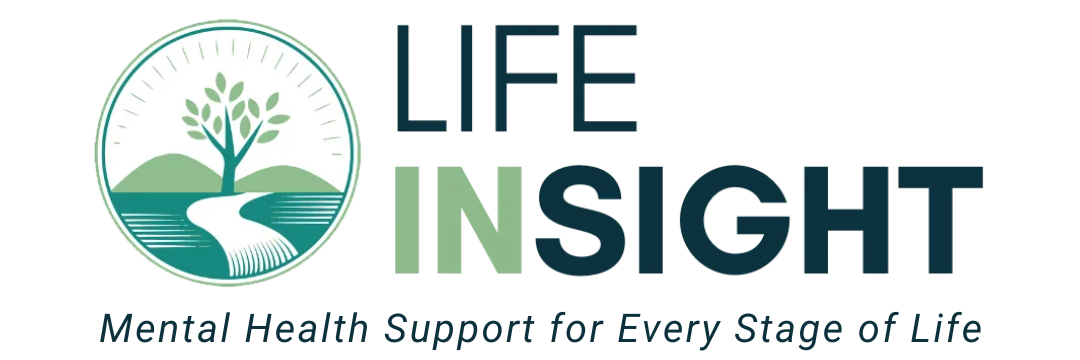Knowing When to Test Your Child: Recognizing the Signs
As parents, one of our greatest concerns is ensuring our children thrive in every aspect of their lives, especially when it comes to their education. However, navigating the complexities of learning difficulties or behavioral challenges can be overwhelming and stressful. If you've found yourself wondering whether your child needs an evaluation, you're not alone. Understanding when to seek testing for your child can be pivotal in addressing their needs and ensuring their academic, social, and emotional success.
Most often, the referrals are typically prompted by some difficulty in school – whether learning, behavioral, social, or a combination of these. Very often, a recommendation is prompted by a teacher, who expresses concern in one of these areas. In other situations, parents may maintain long standing suspicions or a nagging feeling that a child is failing to achieve his or her potential. Factors such as severity, duration, and impact on functioning guide the decision for testing, aiming to address challenges early on.
The following are 5 common signs that suggest the need for evaluation:
1. Persistent Struggles in School: If your child consistently has trouble with certain subjects like reading or math, despite efforts to help them, it might be a sign of underlying learning difficulties. This could include difficulty completing assignments, needing extra help, or making many errors in reading.
2. Inconsistent Grades Despite Effort: Fluctuating grades, especially if your child receives high scores followed by sudden drops, could indicate issues that need further evaluation.
3. Behavioral Issues or Lack of Interest in School: If your child shows disinterest in school or learning activities, or if they have persistent behavioral issues, such as avoidance, acting out, inattention, or having trouble following instructions, it's worth considering evaluation.
4. Attention, Focus, or Memory Challenges: Trouble with organizing tasks, managing time, or completing assignments, as well as forgetfulness or difficulty staying focused, may signal weaknesses in attention or executive functioning skills that may require evaluation.
5. Delayed Social Skills: Difficulty interacting appropriately with others or displaying delayed social skills could also be a sign that testing is needed.
If you recognize any of these signs, feel free to contact us for a free phone consultation. We would be happy to discuss your concerns and determine the need for an assessment. Above all, remember that each child is unique. The goal of our comprehensive evaluations is to understand your child's strengths and weaknesses, and develop the best support and interventions to help them succeed.
About Life InSight Center
At Life InSight, we offer comprehensive evaluations & individualized therapy focused on supporting families to achieve the right balance for their emotional, academic, and social success. If you or your child is struggling emotionally, socially, or academically, Life InSight will help diagnose the problem and find a comprehensive solution. We offer a complete range of Diagnostic Evaluations; Individual, Group, and Family Therapy; as well as School Consultation, IEP Planning, and Program Review. Our mission is to restore & rebuild lives by empowering our families to grow and develop.
LIFE INSIGHT (Center for Emotional and Educational Wellness)
300 KNICKERBOCKER RD, CRESSKILL, NJ | 201-297-9170





